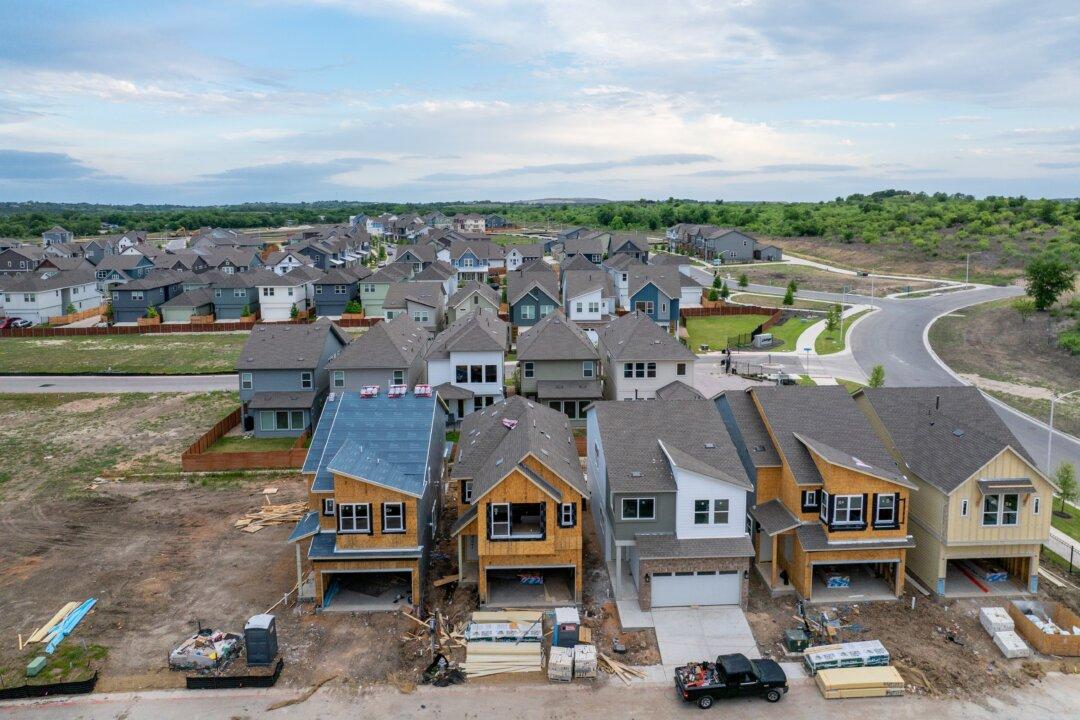Prospective first-time and Gen Z homebuyers are increasingly nervous about the economic landscape, seeing high interest rates and home prices in many urban markets topping the $1 million mark.
During recent conference calls with Wall Street analysts, top executives for D.R. Horton and PulteGroup said the industry is increasingly collaborating with mortgage companies and local banks to develop innovative financing solutions and incentives to get first-time buyers off the sidelines.





